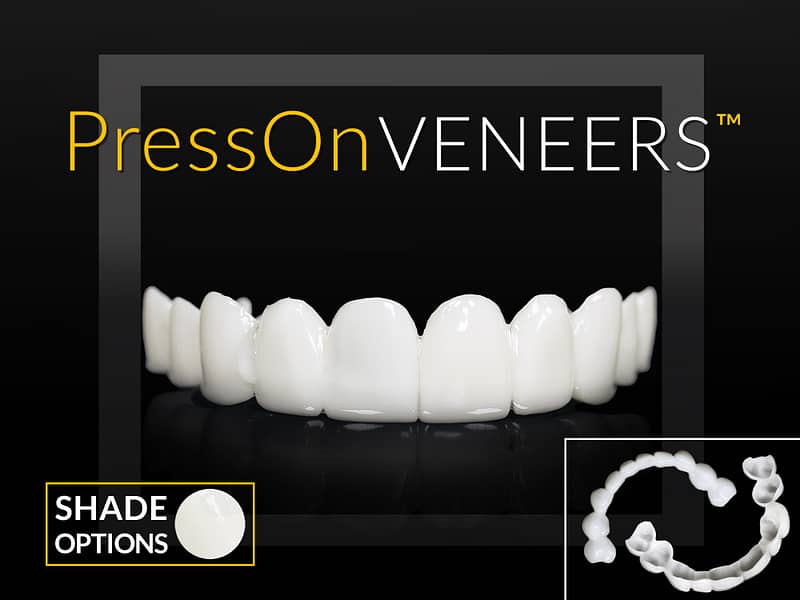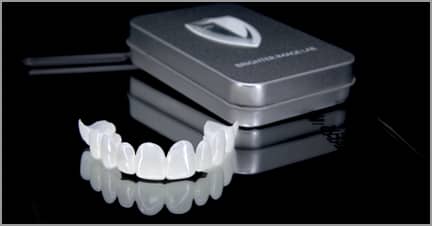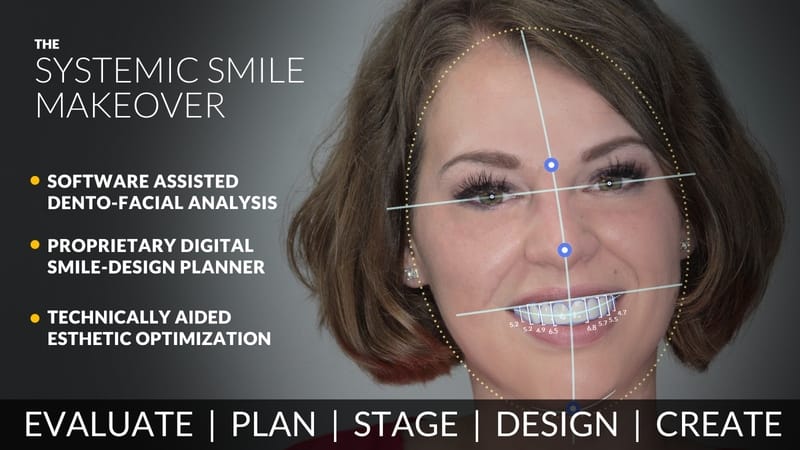U.S. Supreme Court Rule – Dentists Cannot Regulate Teeth Whitening

The U.S. Supreme Court ruled Wednesday that the North Carolina dental board does not have the authority to regulate teeth whitening services.
By a 6-to-3 vote, the court said that the state board, composed mainly of dentists, violated the nation’s antitrust laws by attempting to regulate teeth whitening competitors.
Teeth whitening at a dentist’s office can be expensive, so non-dentists started offering the service at a lower price at spas and shopping centers in North Carolina.
The state board of dental examiners, which consists mainly of dentists, accused the non-dental teeth whitening businesses of practicing dentistry without a license. As a result, the board ordered them to stop regulate teeth whitening companies or face potential criminal charges.
Dentists Regulate Teeth Whitening for Personal Gain
At that point, the Federal Trade Commission intervened to block the board’s actions. A lower court sided with the FTC. They agree state regulatory power ends when it gives private dentists the power to unlawfully knock out their teeth whitening competitors for personal gain.
On Wednesday, the Supreme Court also sided with the FTC. Writing for the six-justice majority, Justice Anthony Kennedy said that it is not even clear under North Carolina law that teeth whitening “constitutes the practice of dentistry.”
He noted that states are normally immune from the federal antitrust laws. But in a case like this, where private dentists dominate a state dental board, he said, there is too great a risk of “self-dealing.”
The solution, he observed, is disinterested state authorities providing clear and active supervision to regulate teeth whitening. Unfortunately, the nation’s highest court found that did not exist in North Carolina.
What This Means for Other States
Almost all dental boards in the United States develop standards of professional conduct and dental care. These include continuing education requirements to maintain a high level of integrity and performance in the practice of dentistry.
However, according to FTC records, a number of regulating dental boards have overstepped their authority. They make decisions not to “protect the public,” but to protect the special interest group they represent.
This decision not only affects the other states, but carries a mandate. States may only regulate teeth whitening through disinterested state authorities.
This decision not only affects the other states, but carries a mandate. Supervision is only possible through disinterested state authorities.



























